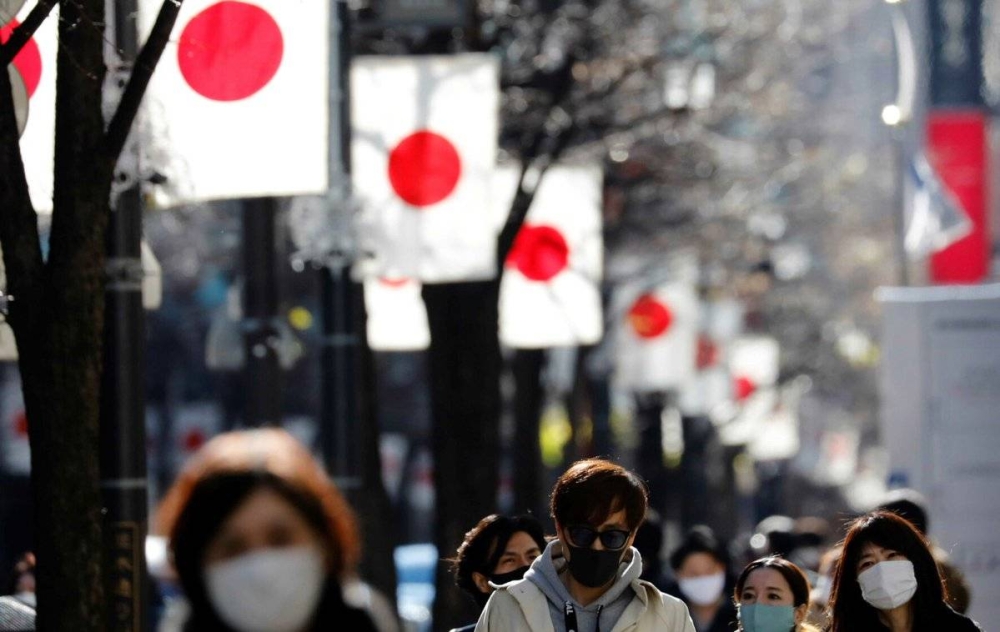The number of children born in Japan fell to a new record below 800,000 in 2022, down by about 11,604 from 811,604 in 2021.
In this context, Japanese Prime Minister Fumio Kishida warned Monday that Japan is "on the brink" of losing its social function due to its rapidly declining birthrate, pledging to focus on child-rearing policies as the most pressing agenda.
Kishida addressed during his speech on the first day of the regular session of the Japanese Parliament that the country's low birth rate will be a top priority for the government, adding that the number of births in the country was less than 800,000 in 2022.
Calling policies aimed at facilitating child-rearing "the most effective investment for the future," Kishida vowed to "create a children-first economy and society" to reverse the country's plummeting birthrate that is hampering longer-term productivity growth.
On the macroeconomic front, Kishida called for lawmakers to join hands to put Japan on a "new growth track" in the wake of the outbreak of the novel coronavirus, adding that the government will deal with rising prices and make efforts to increase wages, including trying to speed up labour market reform by revising the seniority-based wage system.
Japan's population of more than 125 million has been declining for 14 years and is expected to drop to 86.7 million by 2060.
The shrinking population and increasing ageing will have negative effects on the Japanese economy and national security.

